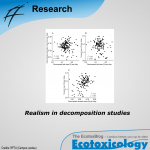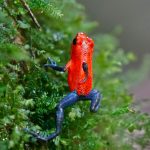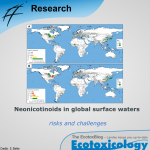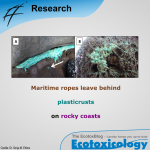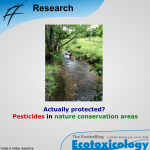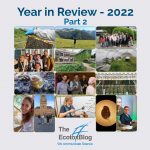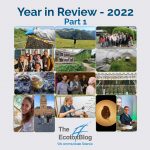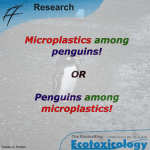Decomposition of organic matter is a critical function in streams and is important for their food webs. Because of this, organic matter decomposition is the subject of many studies. In this blog post, Verena Schreiner talks about a recently published paper in which decomposition was analysed using different substrates.
Continue readingShould we go the easy way? Realism in decomposition studies
